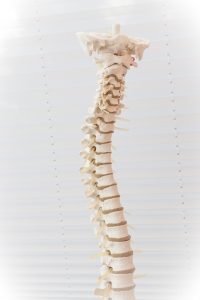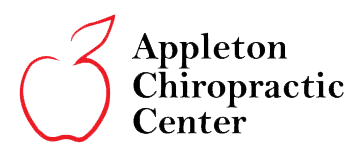
Symptoms and Why Chiropractic Treatment is Beneficial for Disc Injuries
You may have heard the term ‘slipped’ or ‘herniated’ in regards to spinal discs in the past, but what exactly does it mean? What are the symptoms synonymous with disc injuries and how serious is the problem?
Early signs of a slipped disc include numbness, weakness, shoulder pain, neck pain, arm pain, tenderness in the spine, and pain in the buttock, legs, or feet.
At Appleton Chiropractic Center, based in Pompano Beach, Florida, we use safe and effective methods to treat bulging and herniated discs. We listen to your symptoms, and then draw up a chiropractic treatment plan utilizing the very best chiropractic techniques to help you. Depending on the issue, we might recommend therapeutic exercises, adjustments, or even treatment with our new MLS© Robotic Laser.
Although doctors may suggest injections and surgery, we believe these should be reserved only for the most serious cases. When chiropractic care can be so beneficial, and our experience has helped thousands in the past, we always recommend our chiropractic solution first at the experienced hands of Dr. Philip Appleton!
Spinal Discs
The spinal column has specialized bones known as the ‘vertebrae’, and between these bones sit spongy pads and these are the spinal discs. Each one is flat and they generally have a diameter of an inch. Sometimes called intervertebral discs, they’re made up of two materials;
- Annulus Fibrous – Outer Membrane
- Nucleus Pulpous – Elastic Cores
Without them, the bones would rub together and the spinal cord wouldn’t be able to absorb shock without injury; they also keep the spine in place. Interestingly, they have a life cycle as we age;
- As children – the discs are sacs filled with fluid
- As young adults – the blood supply stops and the sacs solidify
- As adults – the discs are hardened both inside and out
This should go some way to explaining why adults are more likely to experience disc degeneration.
What Does a ‘Slipped’ Disc Mean?
All the bones, discs, and muscles are held in place with ligaments. However, sometimes a fluid can irritate the nerves by pushing through a crack in the exterior. For most people, a herniated disc will cause no problems. For others, numbness, weakness, and pain ensues.
Herniated discs occur in two ways; prolapse and protrusion. While the former is a disc that bulges and separates from other discs, the latter just bulges and impacts the shape of the spine. Both can be problematic and affect even simple tasks like sitting and sneezing.
If you have any questions about our services, please contact us today at (954) 973-0710.
